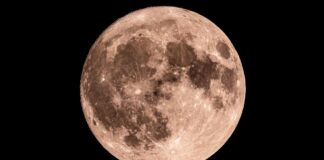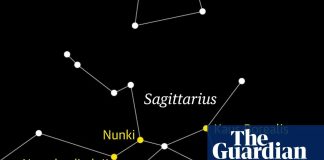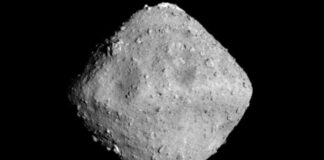Hurricane Melissa, recently devastating Jamaica, Cuba, and the Bahamas, has prompted widespread discussion about its intensity and potential links to climate change. While attributing a single storm solely to climate change is complex, experts are increasingly able to determine how a changing climate can amplify such events. Here’s a breakdown of what we know, according to insights from meteorologists and climate scientists, plus some intriguing developments in bird flu research and observations of an interstellar comet.
The Link Between Climate Change and Hurricane Intensity
Hannah Cloke, a professor of hydrology at the University of Reading, has explained that climate change doesn’t cause hurricanes, but it can certainly make them more powerful. The core mechanism at play involves warmer ocean temperatures. Hurricanes draw their energy from warm water, and the world’s oceans are absorbing a significant portion of the excess heat trapped by greenhouse gases.
Here’s a more detailed look:
- Warmer Waters, Stronger Storms: Higher sea surface temperatures provide more fuel for hurricanes, potentially leading to increased wind speeds and heavier rainfall.
- Increased Moisture in the Atmosphere: A warmer atmosphere can hold more moisture, which translates to more intense rainfall during hurricanes. This can exacerbate flooding risks.
- Sea Level Rise: Importantly, rising sea levels, another consequence of climate change, make coastal communities more vulnerable to storm surges—the abnormal rise of water generated by a storm.
It’s crucial to note that climate change is impacting multiple factors simultaneously, making it challenging to isolate the exact contribution of warming to any single hurricane. Nevertheless, scientists use sophisticated modeling techniques to assess how climate change is shifting the odds of extreme weather events like Hurricane Melissa.
Bird Flu Concerns: H5N1 and the Overlooked H9N2
While much of the current focus is on the H5N1 bird flu strain, virologist Ian Brown from the Pirbright Institute has highlighted another concern: the H9N2 strain. The recent surge in H5N1 infections across British farms has naturally drawn attention, but a recent study has raised alarm about H9N2’s increasing adaptation to human cells.
Here’s what we need to know:
- H5N1 Threat: The ongoing outbreak of H5N1 is a significant concern, with implications for poultry industries and potential human transmission.
- H9N2’s Potential: H9N2 is a largely ignored strain, but recent research suggests it’s evolving to become more easily transmissible between people. This raises the possibility of a future pandemic threat.
- Why it Matters: Monitoring and understanding the evolution of all avian influenza strains, including H9N2, is crucial for early detection and prevention of potential pandemics.
Cosmic Events and the Rise of Pseudoscientific Myths
The arrival of the interstellar comet 3I/Atlas has sparked a wave of unusual theories regarding alien life visiting our solar system. BBC science journalist Roland Pease, who has observed similar phenomena for decades, has commented on the intertwined nature of cosmic events and the proliferation of unsupported claims.
Here’s the context:
- Interstellar Comets: Comets originating from outside our solar system are rare and fascinating events, naturally capturing public imagination.
- Pseudoscientific Theories: The excitement surrounding these events often leads to the rapid spread of unproven theories and speculation about extraterrestrial visitation.
- The Need for Critical Thinking: Pease emphasizes the importance of applying scientific reasoning and skepticism when evaluating extraordinary claims related to cosmic events.
Testing Your Climate Change Knowledge
For those interested in further expanding their understanding of climate change, the BBC offers a quiz on its “Inside Science” website, developed in partnership with The Open University. This interactive resource provides an engaging way to test knowledge and reinforce learning on this critical topic.
Hurricane Melissa serves as a stark reminder of the power of nature, but it also highlights the complex and growing influence of climate change on extreme weather events. Continued scientific research and public awareness are essential to effectively address these challenges.
Hurricane Melissa exemplifies the increasing frequency and intensity of extreme weather events, potentially amplified by a changing climate. Understanding the interplay of natural phenomena and human-caused climate change is crucial for preparing for and mitigating the risks associated with such events























